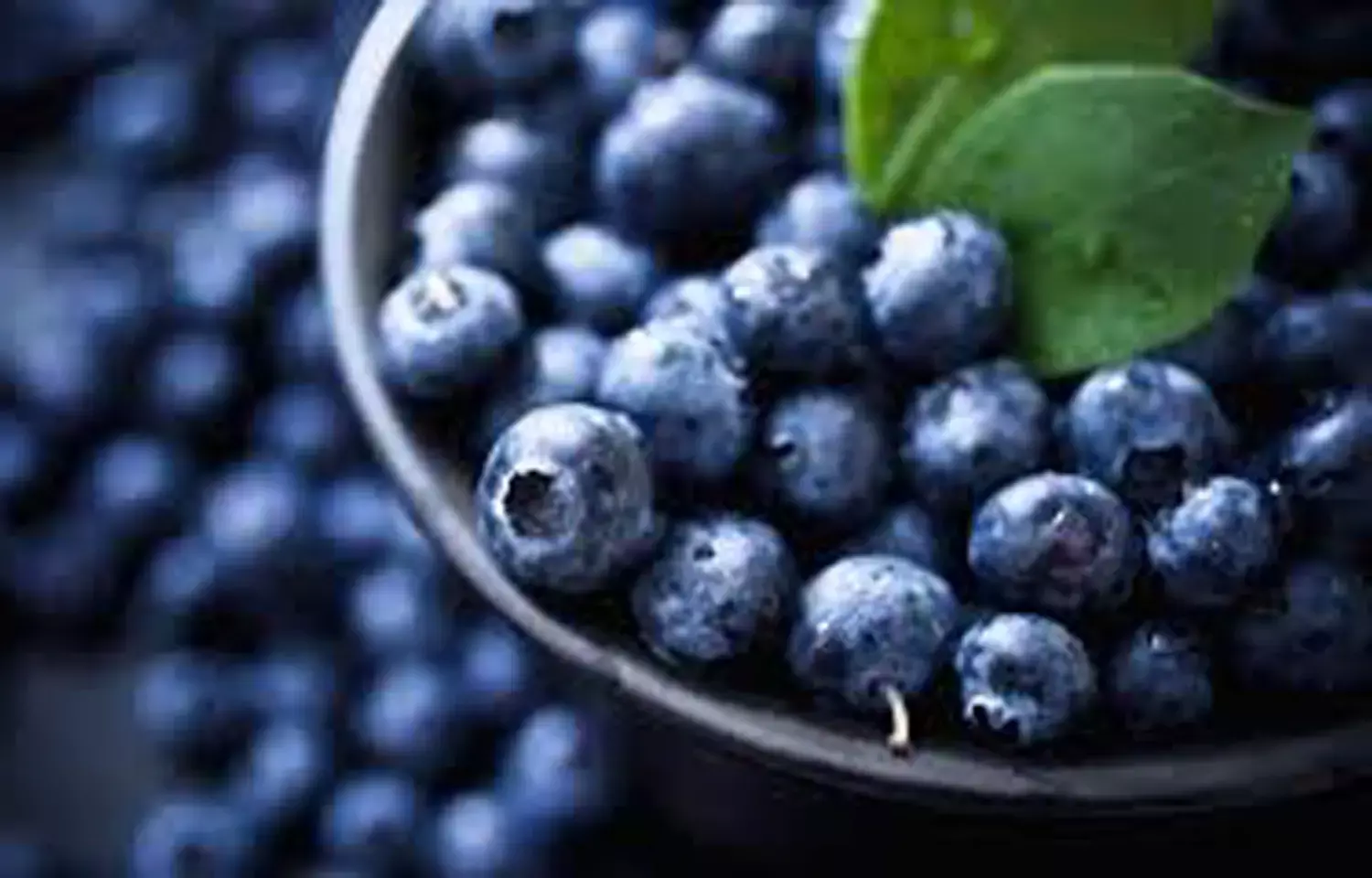- Home
- Medical news & Guidelines
- Anesthesiology
- Cardiology and CTVS
- Critical Care
- Dentistry
- Dermatology
- Diabetes and Endocrinology
- ENT
- Gastroenterology
- Medicine
- Nephrology
- Neurology
- Obstretics-Gynaecology
- Oncology
- Ophthalmology
- Orthopaedics
- Pediatrics-Neonatology
- Psychiatry
- Pulmonology
- Radiology
- Surgery
- Urology
- Laboratory Medicine
- Diet
- Nursing
- Paramedical
- Physiotherapy
- Health news
- Fact Check
- Bone Health Fact Check
- Brain Health Fact Check
- Cancer Related Fact Check
- Child Care Fact Check
- Dental and oral health fact check
- Diabetes and metabolic health fact check
- Diet and Nutrition Fact Check
- Eye and ENT Care Fact Check
- Fitness fact check
- Gut health fact check
- Heart health fact check
- Kidney health fact check
- Medical education fact check
- Men's health fact check
- Respiratory fact check
- Skin and hair care fact check
- Vaccine and Immunization fact check
- Women's health fact check
- AYUSH
- State News
- Andaman and Nicobar Islands
- Andhra Pradesh
- Arunachal Pradesh
- Assam
- Bihar
- Chandigarh
- Chattisgarh
- Dadra and Nagar Haveli
- Daman and Diu
- Delhi
- Goa
- Gujarat
- Haryana
- Himachal Pradesh
- Jammu & Kashmir
- Jharkhand
- Karnataka
- Kerala
- Ladakh
- Lakshadweep
- Madhya Pradesh
- Maharashtra
- Manipur
- Meghalaya
- Mizoram
- Nagaland
- Odisha
- Puducherry
- Punjab
- Rajasthan
- Sikkim
- Tamil Nadu
- Telangana
- Tripura
- Uttar Pradesh
- Uttrakhand
- West Bengal
- Medical Education
- Industry
Wild blueberries may lower BP and enhance cognitive function

In healthy older adults, daily use of wild blueberry (WBB) powder, corresponding to 178 grams of fresh weight, enhances vascular and cognitive function and lowers 24 hour ambulatory systolic blood pressure, says an article published in The American Journal Of Clinical Nutrition.
There is proof that eating blueberry (poly)phenols leads to enhancements in vascular health and mental functioning. It is still uncertain if these cognitive benefits are related to improvements in cerebral and vascular blood flow or modifications in the gut microbiome. Therefore, this study was carried out by Eleanor Wood and colleagues to evaluate the effectiveness of WBB in cognitive functioning and related modifications.
A parallel, double-blind randomized controlled experiment including 61 healthy older people aged 65 to 80 years was done. Participants either received a matching placebo (26g of 0 mg anthocyanins) or 26g of freeze-dried wild blueberry (WBB) powder (302 mg anthocyanins). At baseline and 12 weeks after daily intake, endothelial function was assessed by flow-mediated dilation (FMD), cognitive function, arterial stiffness, blood pressure (BP), cerebral blood flow (CBF), gut flora, and blood parameters. Micro-elution solid phase extraction combined with LC-MS was used to investigate (poly)phenol metabolites in plasma and urine.
The key findings of this study were:
1. As compared to the placebo group, the WBB group showed a substantial rise in FMD and a decrease in 24-hour ambulatory systolic blood pressure.
2. Additionally, WBB therapy was shown to be superior to placebo in terms of improved instantaneous recall on the auditory verbal learning task and improved accuracy on a task-switch task (p 0.05).
3. Comparing the WBB group to the placebo group, the total 24-hour excretion of (poly)phenol in the urine rose considerably.
4. Both the makeup of the gut flora and CBF remained unchanged.
This shows that WBB (poly)phenols may lower the risk of cardiovascular disease (CVD) in the elderly population and may enhance executive functioning and episodic memory in older people who are at risk of cognitive decline.
Reference:
Wood, E., Hein, S., Mesnage, R., Fernandes, F., Abhayaratne, N., Xu, Y., Zhang, Z., Bell, L., Williams, C., & Rodriguez-Mateos, A. (2023). Wild blueberry (poly)phenols can improve vascular function and cognitive performance in healthy older males and females: a double-blind randomized controlled trial. In The American Journal of Clinical Nutrition. Elsevier BV. https://doi.org/10.1016/j.ajcnut.2023.03.017
Neuroscience Masters graduate
Jacinthlyn Sylvia, a Neuroscience Master's graduate from Chennai has worked extensively in deciphering the neurobiology of cognition and motor control in aging. She also has spread-out exposure to Neurosurgery from her Bachelor’s. She is currently involved in active Neuro-Oncology research. She is an upcoming neuroscientist with a fiery passion for writing. Her news cover at Medical Dialogues feature recent discoveries and updates from the healthcare and biomedical research fields. She can be reached at editorial@medicaldialogues.in
Dr Kamal Kant Kohli-MBBS, DTCD- a chest specialist with more than 30 years of practice and a flair for writing clinical articles, Dr Kamal Kant Kohli joined Medical Dialogues as a Chief Editor of Medical News. Besides writing articles, as an editor, he proofreads and verifies all the medical content published on Medical Dialogues including those coming from journals, studies,medical conferences,guidelines etc. Email: drkohli@medicaldialogues.in. Contact no. 011-43720751


